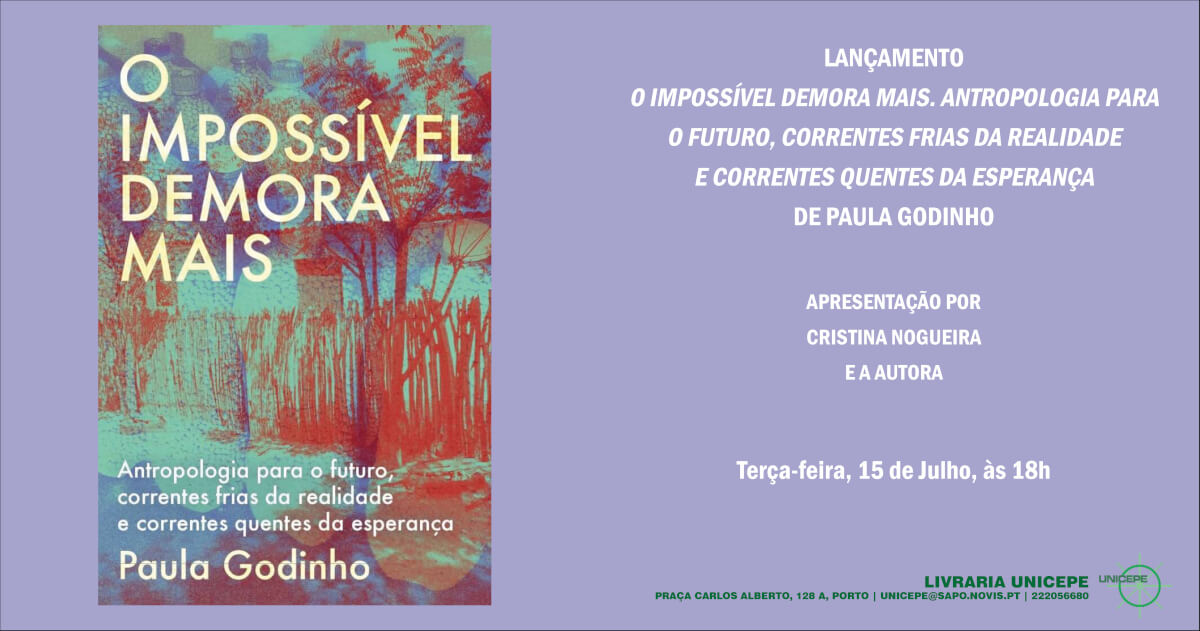
Personagens inventadas
Mar 5, 2018 | Papers, Publications

Personagens inventadas: jornalismo e ficção na I Grande Guerra mediática (1914-1918) [Invented characters: journalism and fiction in the First (mediatic) World War (1914-1918)]
- Luís Augusto Costa Dias
- 2018
- Mediapolis
- Issue 6
- 41-59
- Language: Portuguese
- DOI: 10.14195/2183-6019_6_3
- ISSN: 2183-6019
The article starts from the perspective, elsewhere studied, that the mass media in Portugal − which has its zero year in 1865, with the foundation of Diário de Notícias, and since 1881, with the appearance of the newspaper O Século, its unstoppable expansion − transformed the Great War of 1914-1918 into the first mediatic war. The apotheosis of the war did not lack the use of fiction, in the literary sense, what the young journalist Mário de Almeida then called a «literature of war» as a «vacant field» ready to «pass the plough above», and which I designate as war fictions. From this fictional representation came a textual corpus, published in the magazine Ilustração Portuguesa (belonging to the mediatic empire of O Século), in a set that did not complete four dozen texts in a chronological arc that extended, with decreasing regularity, from 1 February 1915 to August 28, 1916. Except for one or another author looking for a place in the literary field, the initiative came from a new and specific journalistic field in statement process, but still in half walls with the literary writings. These war fictions were intended to feed all the sensationalism of war, plus the emotion that the creation of characters could credibly lend to the climate of the conflict, that is to say a greater efficacy in staging the real, as was expected by the interlocutor in a story about a Christmas in war: “Give it some literature and there’s a subject for a Christmas tale …” Not so much for the interest of the fictional themes or narrative strategies, are the characters who, even if stereotyped and sometimes ill-defined, meet the emotions market created by the mediatic propaganda, with his example of personal determination, effort, sacrifice or moralizing glory.
Key-words:
I World War, O Século, Ilustração Portuguesa, journalism and literature, war fiction
Outras Publicações
Search
Events
july, 2025
Event Type :
All
All
Colloquium
Conference
Conference
Congress
Course
Cycle
Debate
Exhibition
Launch
Lecture
Meeting
Movie session
Open calls
Opening
Other
Presentation
Round table
Seminar
Showcase
Symposium
Tour
Workshop
- Event Name
mon
tue
wed
thu
fri
sat
sun
-
1
2
3
4
5
6
7
8
9
10
11
12
13
14
15
16
17
18
19
20
21
22
23
24
25
26
27
28
29
30
31

Event Details
Paula Godinho‘s new book will also be launched in Porto, at the UNICEPE bookshop, with a presentation by Cristina Nogueira. O
more
Event Details
Paula Godinho‘s new book will also be launched in Porto, at the UNICEPE bookshop, with a presentation by Cristina Nogueira.
O Impossível Demora Mais
Antropologia para o futuro, correntes frias da realidade e correntes quentes da esperança
Nada há de normal ou natural no desvanecimento da esperança. Neste livro, a autora parte da realidade atual da grã-crise para ensaiar uma crítica aos princípios que ordenam o tempo, entre o que pode acontecer, desacontecer e reacontecer. Os futuros desafiam-se, e a memória pode ser um terraço para outra coisa ainda, para escapar ao provável, apresentado como uma condenação. A construção do possível e mesmo do impossível remete para etnografias da resistência, em lugares concretos e entre pessoas concretas, com recurso a subjetivações libertadoras. Procuram-se fulgores que trazem dentro o jogo, a brincadeira e a festa, como invenção de mundos por vir, que poderão servir de tocha para esboroar incertezas e esboçar uma teoria das disputas do futuro, entre qualidades do tempo, rastos que são também rastilhos, rumos para a ação coletiva, esperança que é verbo e construção, prática e concretização. Finalmente, traz dentro a pressa que se põe num remate acerca do impossível, que é necessário.
Mais informações sobre o livro
Time
(Tuesday) 6:00 pm - 7:00 pm
Organizer
Tigre de Papel Press and UNICEPE Cooperative
News
Manuel Loff receives Porto’s Medal of Merit
Jul 14, 2025
He was one of the personalities honoured by Porto City Council
Ricardo Noronha leads team to study “petromodernity”
Jul 7, 2025
The PETROSINES project was one of the six History projects that received funding from the FCT
Statement about the demolitions in the Bairro de Santa Filomena
Jul 3, 2025
Statement from the team of the project FILMASPORA
CONTACTS
WORKING HOURS
































































































































